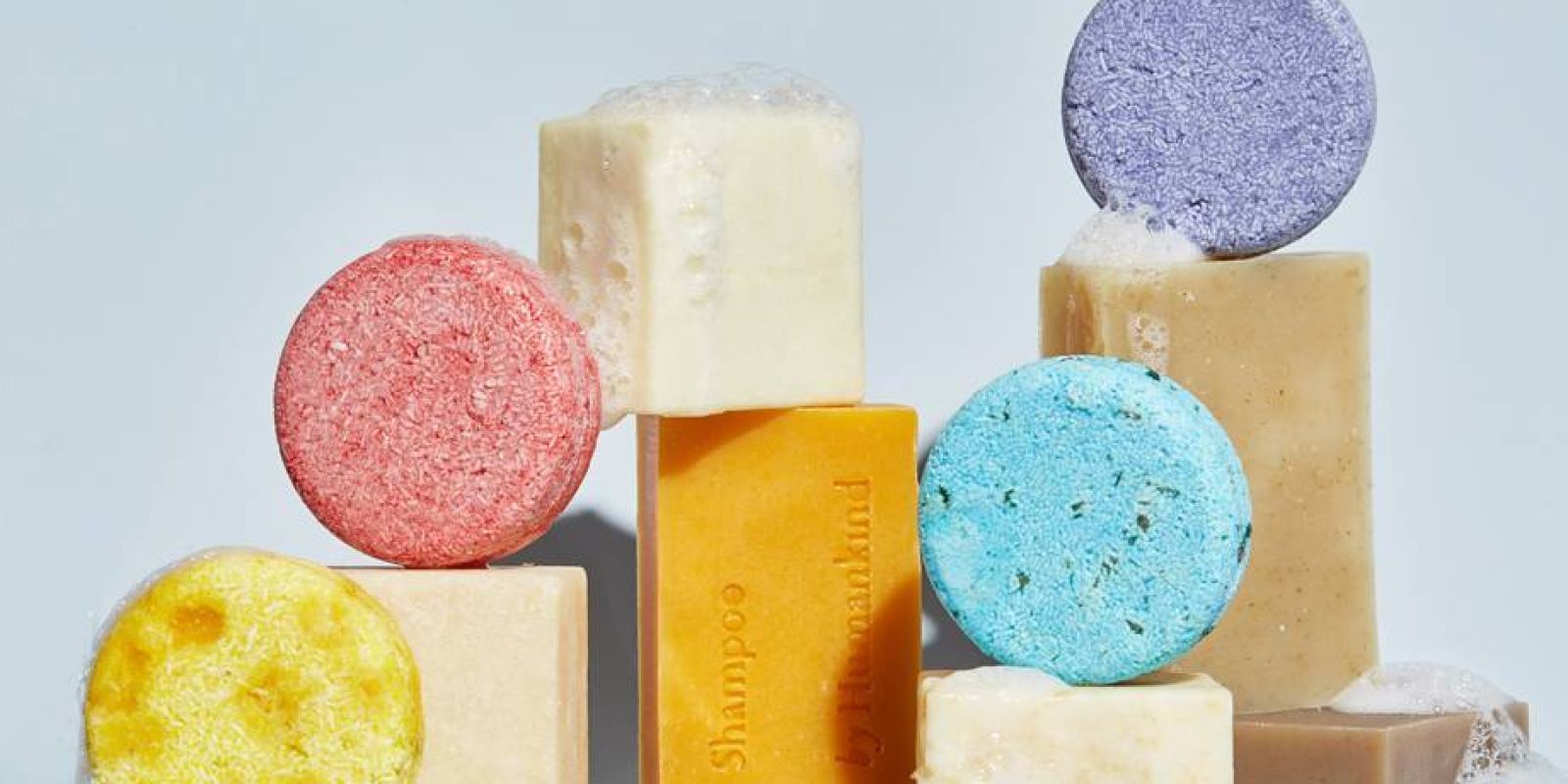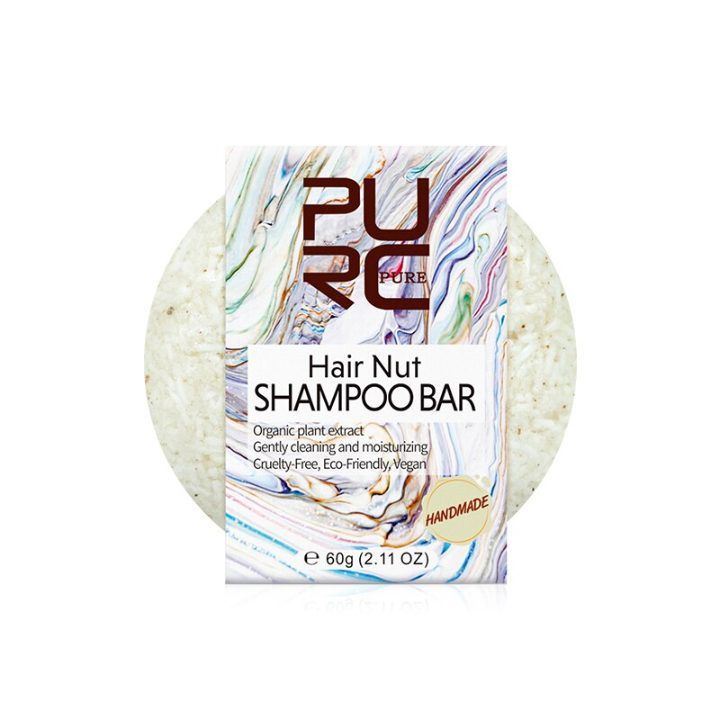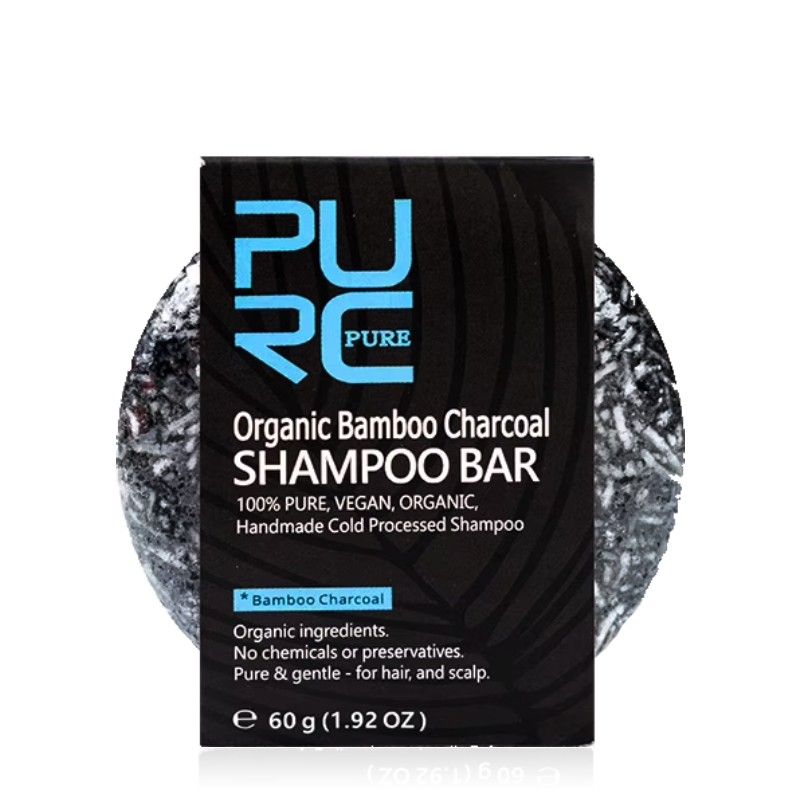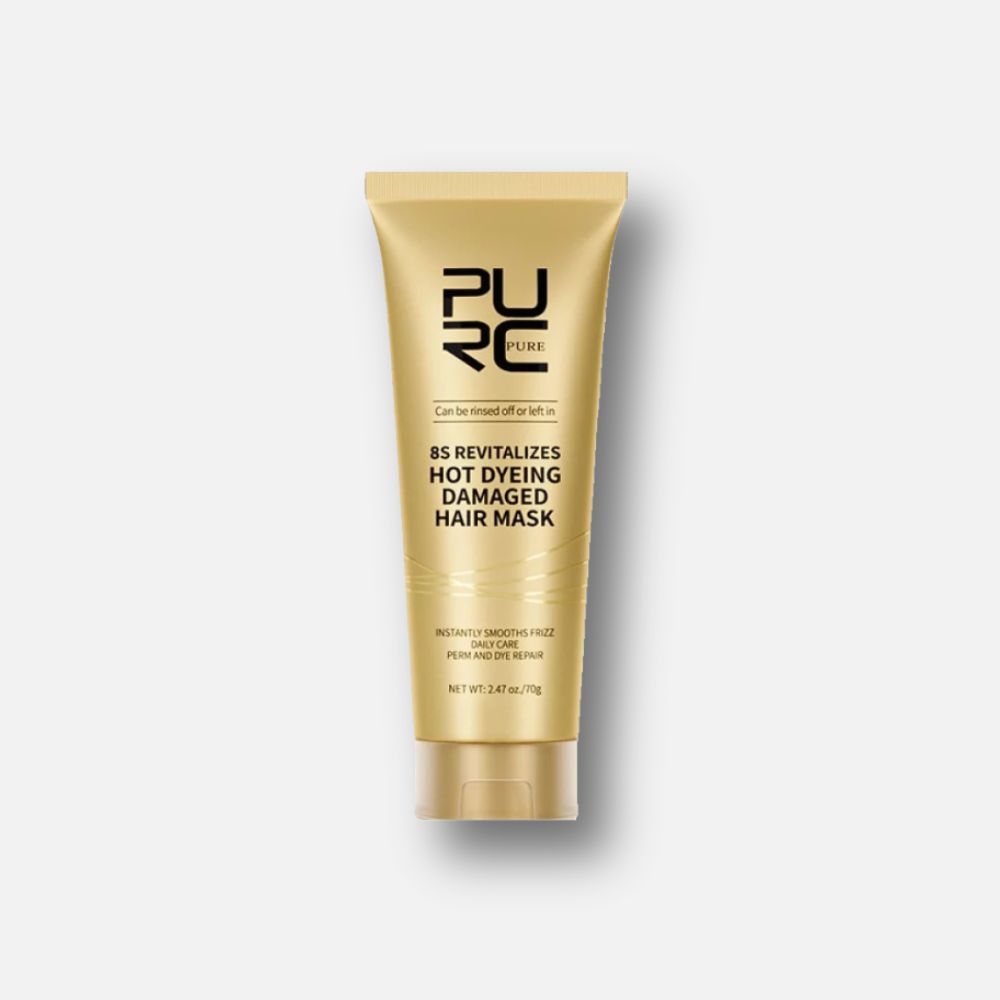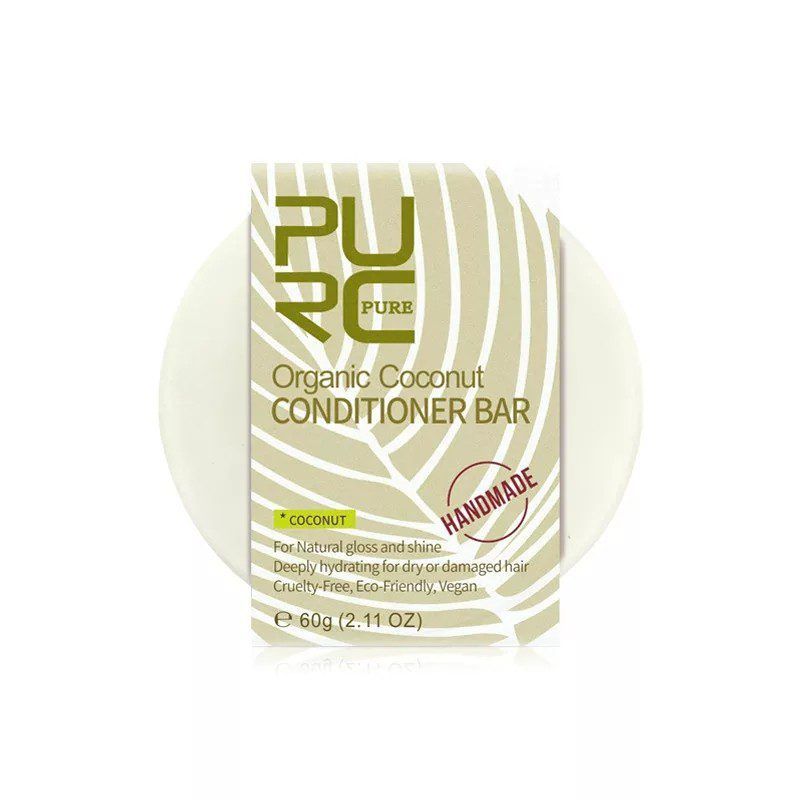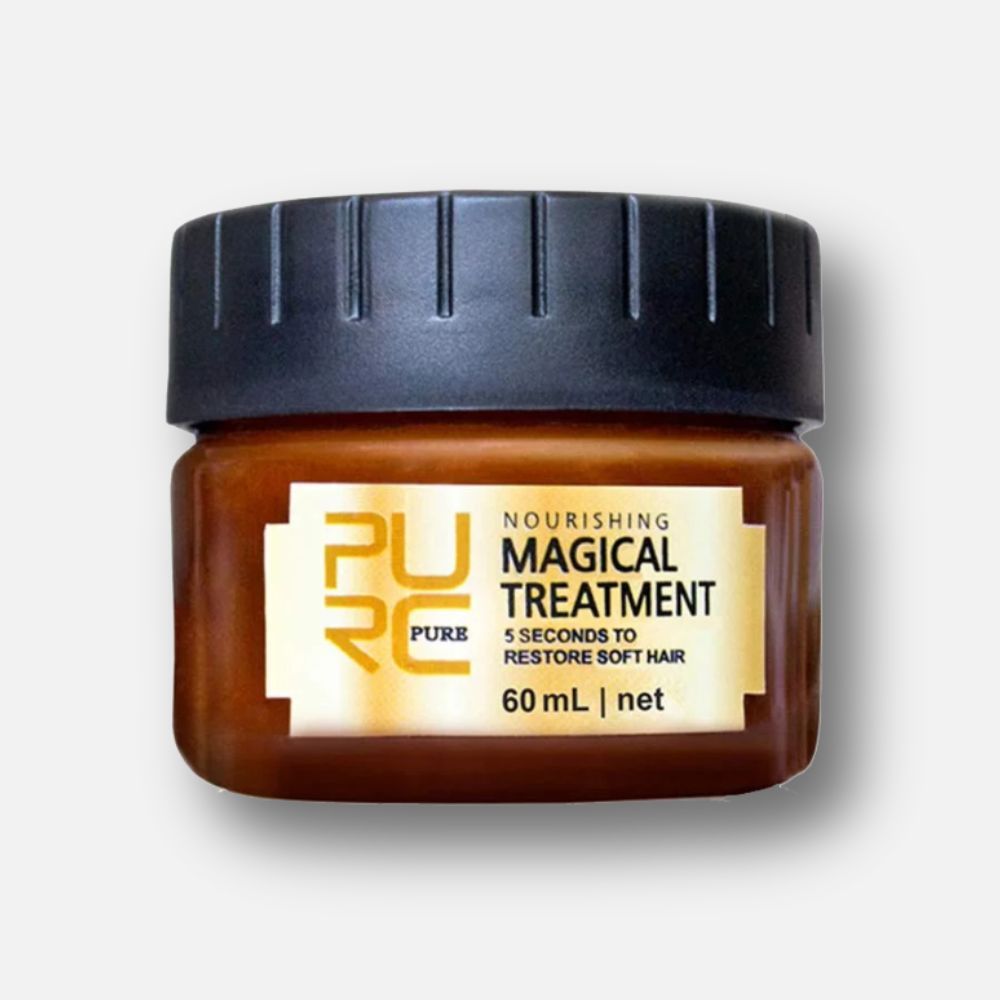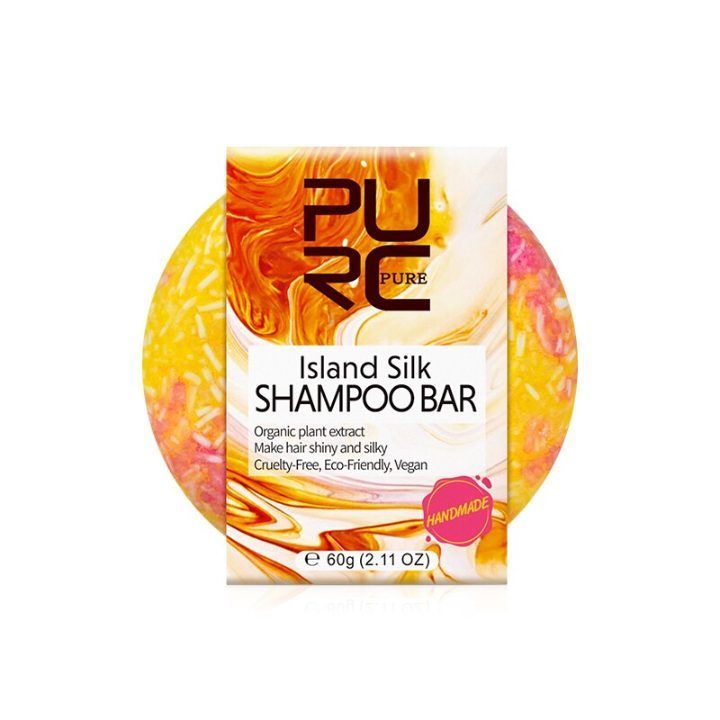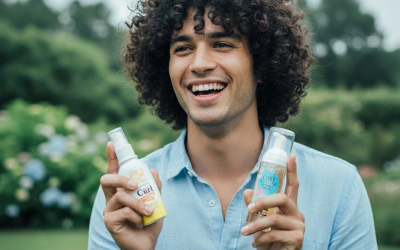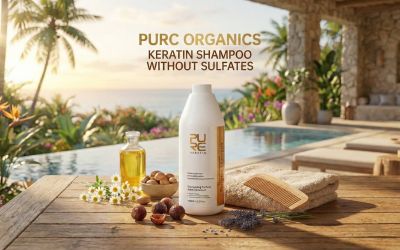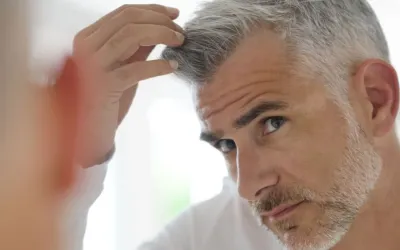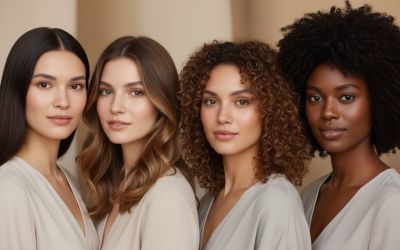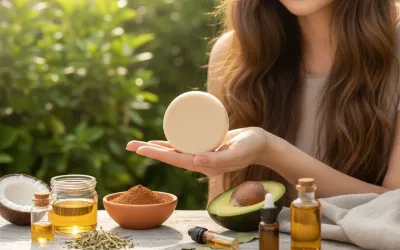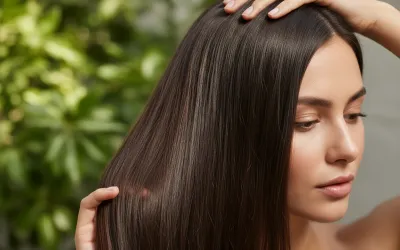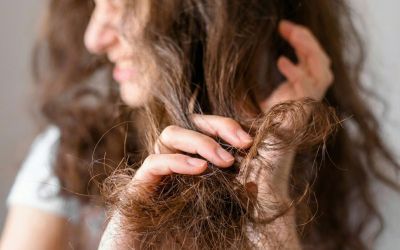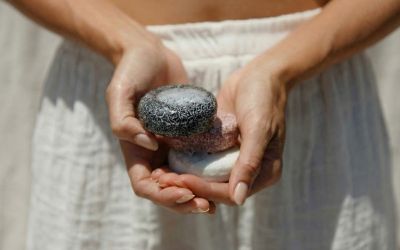Soap without soap is technically called syndet (synthetic detergent). It was invented by chemist Vincent Lamberti in the early 1950s while working for Unilever. Thus, the famous “Dove beauty bar” was introduced in 1955.
The idea behind the invention of soap-free soap was to ensure softer skin for the user and to remove soap residue in the shower.
At the time, soap without soap was criticized for its unnatural and controversial ingredients, derived from petrochemicals. But today soap without soap can be made with ingredients of natural origin.
PH neutral soap for the skin – slightly acidic pH 5.5
Soaps (saponified cold or hot) have an alkaline pH around 10 but our skin has an acid pH around 5.5 ( Schmid and Korting, 1995 ).
Why is this difference in pH a problem? After washing with soap, the pH of the skin remains high for several hours. It takes the skin about 6 hours to bring the pH back to normal (between 3 and 9 hours depending on the skin type). On the contrary, with a bread without soap, the pH of the skin always remains below 5.5 whatever the skin type.
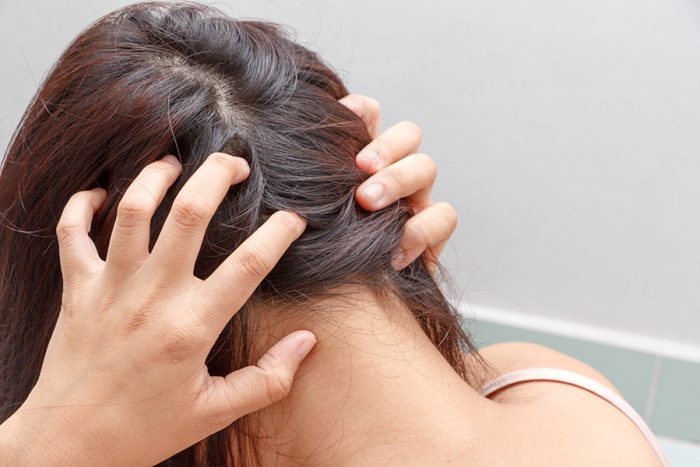
Skin physiology altered by soap
The short answer is yes, because our skin has a natural defense barrier: the hydrolipidic film. This hydrolipidic film on the external epidermis of the skin is composed of keratinized cells, sebum and sweat. This hydrolipidic film has an acid pH of 5.5.
This protective hydrolipid layer helps the skin to retain its hydration, protects against bacteria, viruses, allergens, etc. In addition, it keeps the skin microbiome healthy.
The increase in pH by the soap would make the natural protective mechanism of the skin vulnerable for at least 3 hours as previously mentioned. This can cause dryness, atopic skin, itchy skin, acne, tingling, etc.
The secret of cold saponified soap revealed
Some cold soap manufacturers claim that the glycerin content of their soaps gives enormous protection to the skin and that the glycerin forms a protective layer on the skin. But in reality, one must be careful with this conclusion.
Glycerin as such in pure liquid form, in gels or in creams, has this protective property; but glycerin in a rinse medium, such as in soap, does not necessarily provide all of these benefits. To date, no scientific publication exists to support the claims of the manufacturers of cold soap. However, the fat that is added to surgras soaps is known to form a layer on the skin, which helps the skin retain moisture. But the use of surgras soaps can suffocate the skin and saturate it with its own sebum!
In a clinical study by Moldovan, 2010 , surgras soaps showed little water loss from the skin compared to soaps without surgras. Interestingly, the same study also shows that the syndet (soap without soap) is the best for the skin in terms of water retention capacity and respect for the skin barrier.
Soap makes the skin dry in the short term compared to soap-free soap. It is obvious that soaps affect the pH maintenance mechanism of the skin. However, a study by Takagi et al., 2015 suggests that the mechanism for maintaining the pH of the skin is not affected in long-term soap users. However, for people with sensitive skin, it is not recommended to use a soap because of its potential for irritation. For example, a study by Baranda et al, 2002 , shows that a glycerin soap with a pH of 12 has a higher skin irritation index than a dermatological bar.
The ingredients often used in the syndet are SCI (Sodium Cocoyl Isethionate) and SLMI (Sodium Lauroyl Methyl Isethionate) while the ingredient used in soap is soda (Sodium Hydroxide).
SCI and SLMI are very similar (see details of these molecules below) and both derived from coconut, both anionic, sweet and 100% biodegradable. SLMI, however, has a slight formulation advantage over SCI.
It’s time to move on to solid soap that respects our skin and our planet
About shop
Soaps were originally developed for washing clothes and dishes because they have a powerful cleaning action. But for the skin, they are too aggressive because they clean too much, and weaken the protective hydrolipidic film.
If you have been a soap user for a long time and if you are satisfied with your soap, you can continue with your usual product… But did you know that on average, soap users consume more moisturizers than soap users without soap? Unfortunately, this overconsumption actually creates more plastic waste (plastic bottles of moisturizer).
To conclude, whatever the skin type, soap without soap with a pH of 5.5 is the best choice. And that is why many dermatologists and scientific publications recommend the use of soap-free soap for babies, people with dry and / or sensitive skin, and seniors.
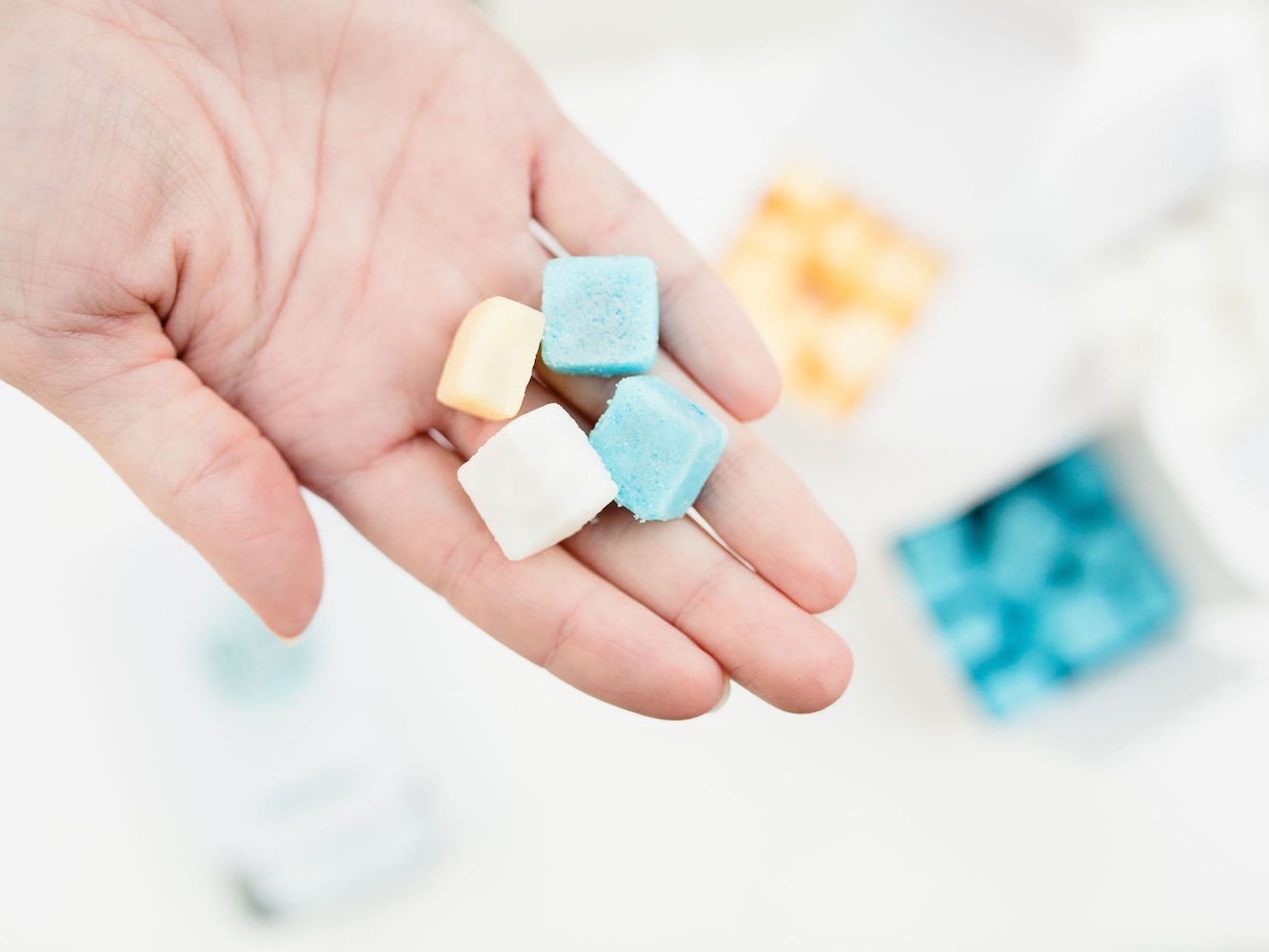
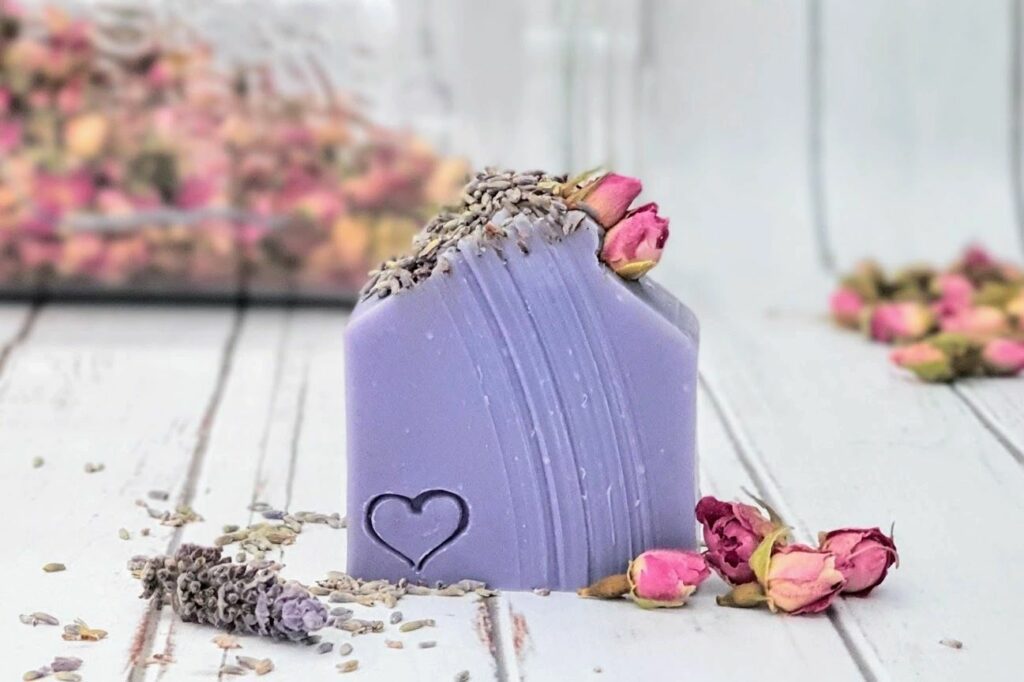
Use 100% biodegradable soap
PURC Organics soap-free soap has very good skin and hair tolerance. People who have skin allergy problems have adopted this product!
The ingredients are natural and 100% biodegradable. This soap is very pleasant to use, with its beautiful foam which rinses off easily and gives a feeling of softness on the skin, after the shower.
No feeling of tightness on the skin, sometimes felt with surgras soaps.
Click here to buy our Organic soap free soap.
- -20%
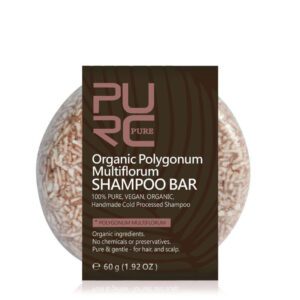
Polygonum Shampoo Bar
$14.99$11.99
Add to cartAdd to cart - -20%
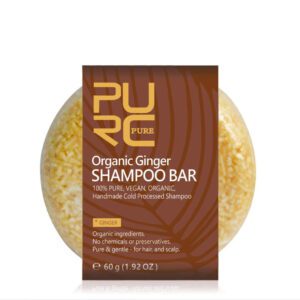
Ginger Shampoo Bar
$14.99$11.99
Add to cartAdd to cart - -20%
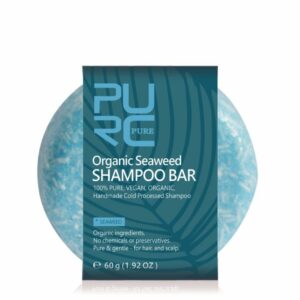
Bio Seaweed Shampoo Bar
$14.99$11.99
Add to cartAdd to cart 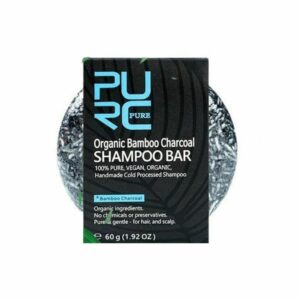
Bamboo Charcoal Shampoo Bar
$13.99
Add to cartAdd to cart
